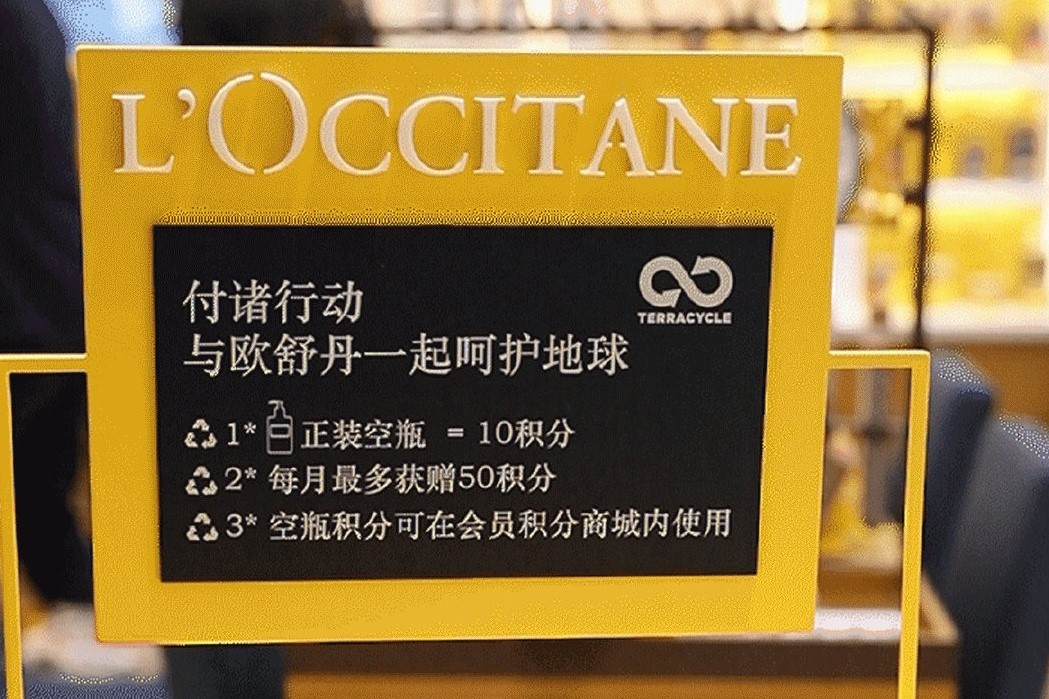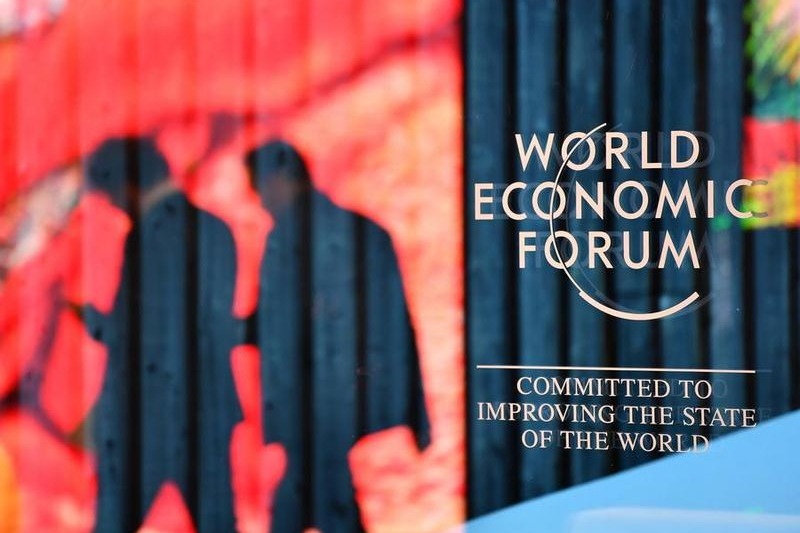Firms adopt sustainability as lofty goal
By He Wei in Shanghai | China Daily | Updated: 2020-07-14 09:50

One prominent project rolled out across the company's outlets in China is the L'Occitane Recycling Program. It is part of the global initiative to transform all its bottles to 100 percent polyethylene terephthalate plastics by 2025.
The company said the purchase of reusable-packaged products can help trim 90 percent of plastics use, and it is on course to unveil 25 eco-refill packages by 2022.
So when customers bring empty L'Occitane bottles and packaging to offline stores, the company rewards them with sample products and membership scores that can be used to redeem goods.
"This is truly about making big impacts on the environment with the little things we do," Lin said.
She added that the initiative is well received in part because it is in accordance with the broader government agenda to promote sustainability.
China has upheld environmental protection as a core pillar guiding its next stage of development as two decades of strong GDP growth has inevitably led to environmental burdens. In July 2019, the Shanghai municipal government launched the country's most ambitious recycling program to date, making trash sorting mandatory. Individuals and businesses violating such rules face harsh consequences.
But sustainability doesn't just include renewable containers. L'Occitane announced earlier this year the creation of a fund to support ecosystems severely affected by natural disasters.
Lin also said they have always tended to farmers' needs by tailoring products using local inputs, or applying local plants to existing product formulas.
"By teaming up with farmers, we aim to protect certain precious plants from extinction," she said. "Protecting the plants and safeguarding and respecting biodiversity remain long-term sustainable approaches."
Not only consumer-facing companies are jumping on the sustainability bandwagon. A number of industry players are rewriting their business playbooks, placing sustainability in the forefront especially as the global economy struggles.
German chemical giant Covestro AG, with 30 production sites globally, has announced a string of detailed approaches to realize the company's circular economy strategy, aiming to convert its facilities worldwide to using alternative raw materials and renewable energy.
To this end, it will start using alternative raw materials such as carbon dioxide as a source of production, adopt energy-efficient recycling technologies, use renewable energies and pursue cross-sector cooperation, said Markus Steilemann, CEO of Covestro, who added that there are "clear signs and also clear studies" suggesting positive relations between sustainability and profitability over the long run.
"We receive from our partners very positive feedback that we will start to address, and we are also a front runner in this context. Don't wait for others. Just start and make sure that you drive this entire topic toward the right direction, toward a circular economy," Steilemann said.
Among them are trials of paint solutions formulated from biomass. At Covestro, up to 70 percent of its products' carbon content is derived from renewable raw materials-without compromising protection or appearance.
























